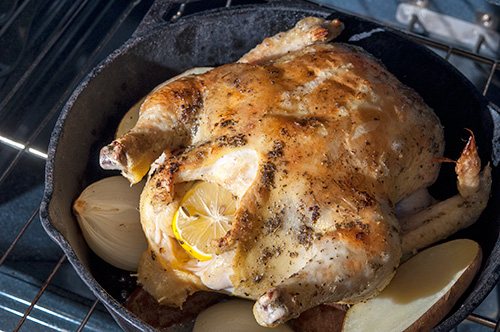To settle while trying to say what cannot be said
precisely. As in. We were not entirely finished.
So. Love. To travel the slick road we scattered with salt. To try
to leave our sweepings under the rug. Moments
of collision, at times, our only contact. Death a near-miss.
Then a few more years earned by the skin of our teeth.
Roasted chicken I hated but you loved. Another truce
we sought though never found. Difficult to define
our meaning when we disagreed or I digressed.
If the rain falls and falls it may mean
my tires will hydro-plane on water. Or. That my windows
will be washed clear. It may simply be
the patter song of being without you that goes on and on.
We lied to protect each other. So. To settle in cells
built from false wishes. To become lonely, tapped-out
without further possibility. To say so long
and believe it is not forever. So. Flesh of my flesh, I am here
in the house without amends among our leavings.
No resolution no forgiveness. To define the essential nature
of haunting, these properties of mind encompass
entire cities. To determine, to lay bare memories unshared.
To lay it all out.
Laurie Rosenblatt is the author of one full-length book of poetry, In Case, and two chapbooks: Blue and A Trapdoor, A Rupture, Something with Kinks. Her collaboration with the painter Richard Raiselis, Cloud 10, was produced by Gallery NAGA in Boston in 2012. Individual poems have appeared in New Ohio Review, Salamander, The Common, Harvard Review, Borderlands: Texas Poetry Review and elsewhere. She is an MFA student at the Warren Wilson Program for Writers.




